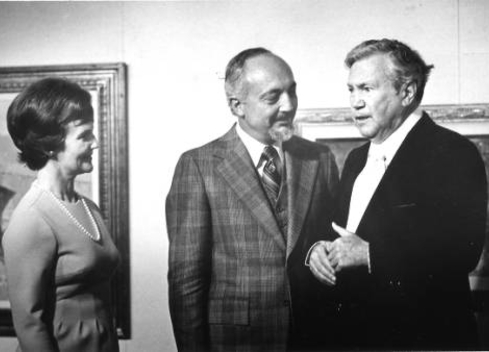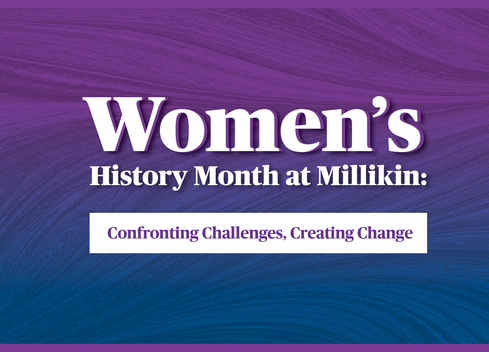Key Courses
Interactive Media Concentration (Credits)
IS221. Program Fundamentals (3)
This course introduces students to the process of creating and implementing typical solutions to business problems requiring computer programming skills and understanding. The main focus in this course will be to help the student understand the basic concepts of computer programming, emphasizing design over syntax in an Object Oriented approach using the Java programming language.
IS322. Web/Mobile Application Development (3)
Focus on information web systems design and implementation within a database management system environment. Design, implementation, and testing of a physical web system using database management systems software to implement the logical systems design. Pre-requisite: IS321 (may co-enroll).
IS350. Application Integration (3)
Advanced Java programming, concentrating on developing GUI applications, applets and servlets. Programming topics include: review of OOP, event handling, exceptions, threads, file I/O, and animation. Includes theory behind web-based protocols, including HTTP. Students will be required to set up and administer a web server for both applets and servlets. Pre-requisite: IS321.
AT366. Topics in Interactive Media (3)
This course focuses on a theme in one of the following areas in arts technology: interactive design, programming, or other new media technologies. Pre-requisites: AT110 and IS221 or consent of instructor.
AR201. Computer Art Design: Orientation (3)
Designed to apply computer technology to solving visual problems in fine arts and graphic design. Emphasis is on individual expression and acquiring skills to effectively communicate through computer graphics. Students are introduced to fundamentals of computer graphics through lecture, presentation, discussion and hands-on experiences.
AR327. Computer Art Design: Creative Concepts (3)
Advanced instruction and assigned studio work in a broad range of design and multimedia applications. Topics covered could include but not limited to; information design, animation, technical digital illustration, interactive design, user centered design, 3D modeling, package design, digital publishing, and/or other new topics demanded by industry developments. The culmination of the student’s learning will be demonstrated in an independent research project that blends personal expression with design practice.
AT319. Interface Design and Data Visualization (3)
The class contains two units. The first unit, Interface Design, focuses on the theory and development of interactive applications. Students will be expected to use design thinking to propose innovative applications that will meet a need for a defined audience, design the graphics and content, and use professional interactive prototype making software to idealize solutions. The second unit, Data Visualization, will challenge students to create visual communication solutions such as Infographics that will help the viewer grasp difficult concepts, identify patterns, or tell a story. Solutions could include interactive or multimedia elements.
IS240. Foundations of Information Systems (3)
This course is designed to introduce students to contemporary information systems and demonstrate how these systems are used throughout global organizations. The focus of this course will be on the key components of information systems: people, software, hardware, data, and communication technologies, and how these components can be integrated and managed to create competitive advantage. Students will learn terminology and concepts of Information Systems which provide enabling foundations for interaction between Information Systems and all other functional areas of an organization. Coursework bridges the divide between technical and nontechnical professionals.
IS321. Systems Analysis & Design (3)
Advanced study of systems development and modification processes. Emphasis on strategies and techniques of analysis and design for modeling complex system requirements. Use of data modeling tools and object-oriented approaches to analysis and design. Emphasis on factors for effective communication and integration with users and user systems. Prerequisite: IS221 or consent of instructor.







